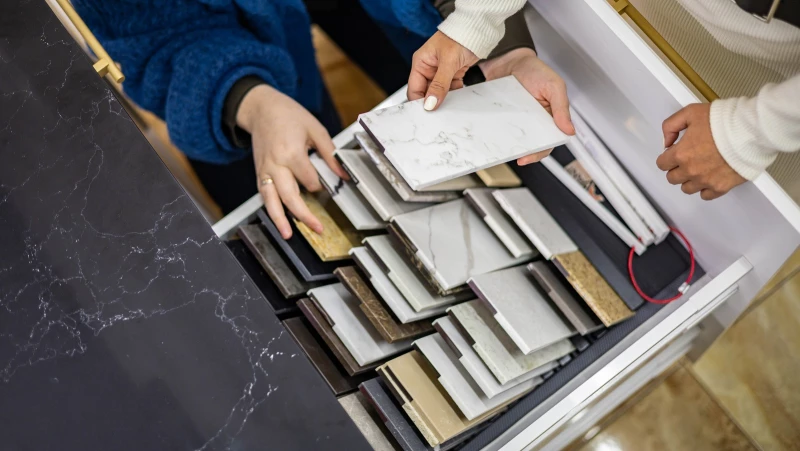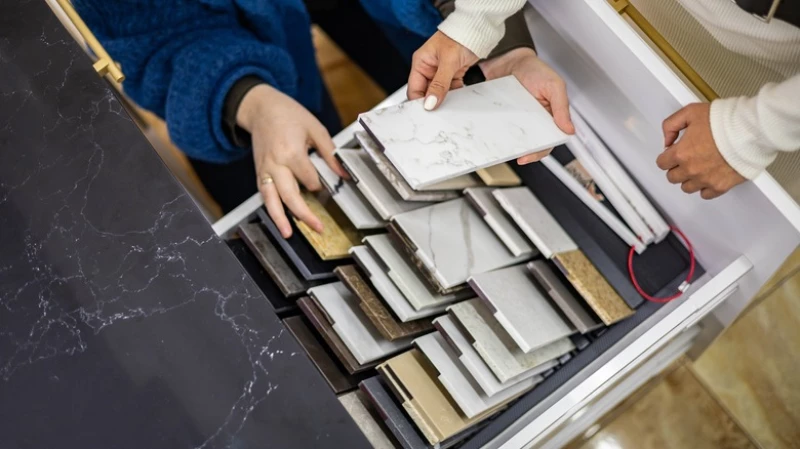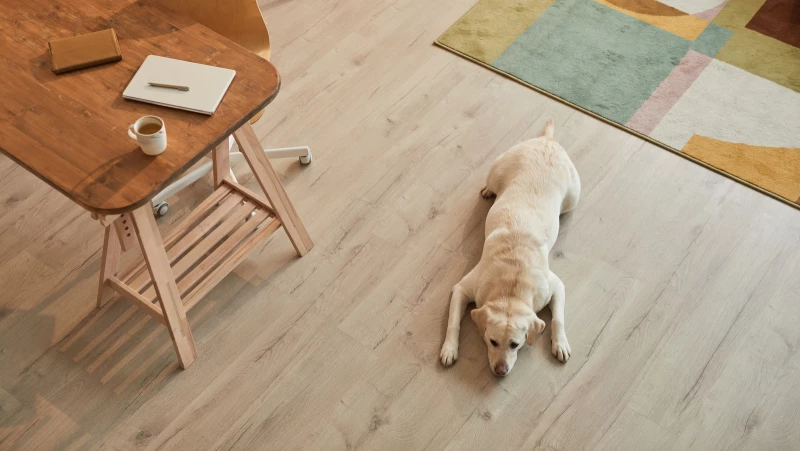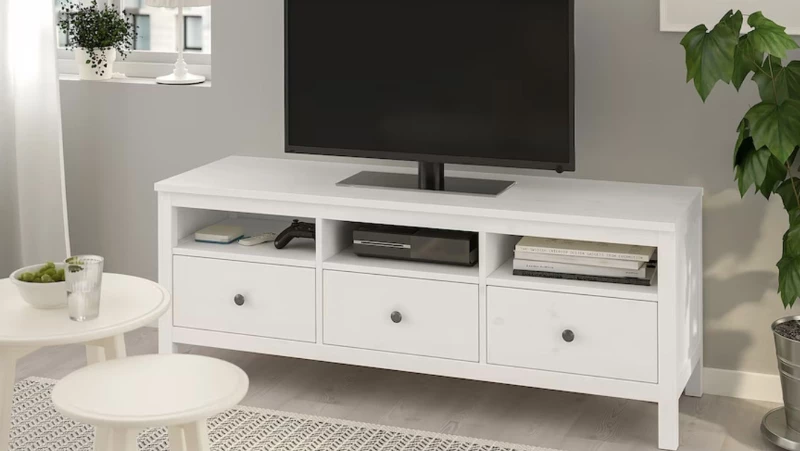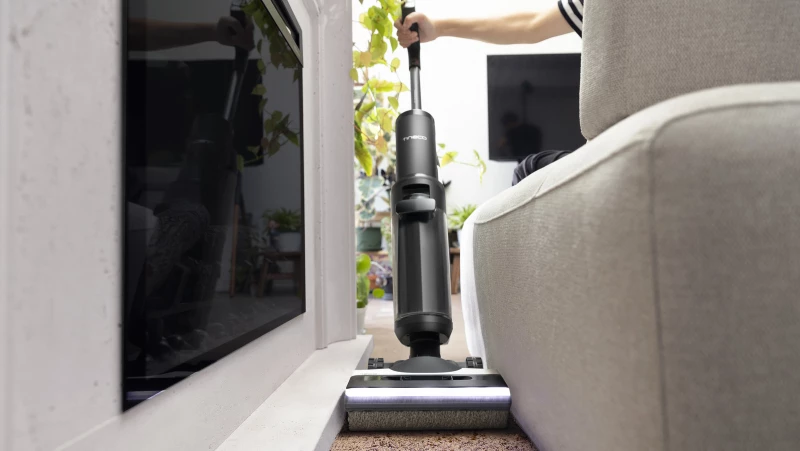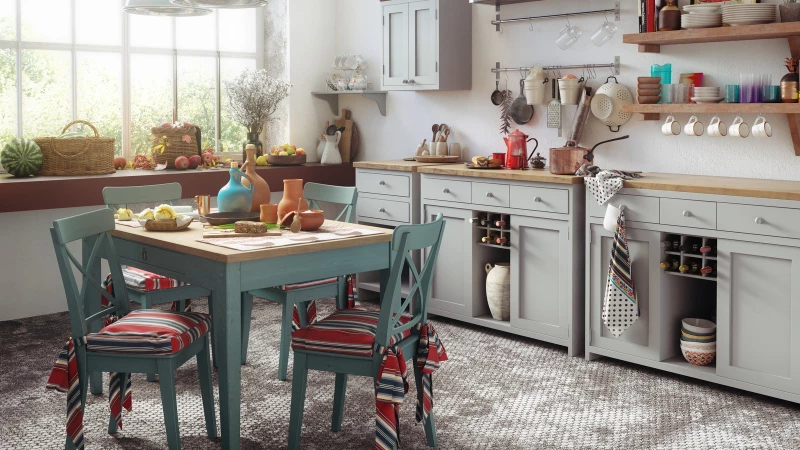Redoing your kitchen? Avoid one of the biggest mistakes by choosing the right countertop material. While marble, granite, wood, and laminate are popular choices, have you considered Neolith? Made from sintered stone, Neolith is versatile and can be used for flooring and countertops. Whether you're familiar with Neolith or not, here's everything you need to know before making a decision.
Neolith is on the rise as a countertop material
First of all, how is Neolith made? Due to fact that it's constructed using only raw materials, Neolith is considered to be a sustainable countertop material. This is not only a merit, but a major bonus if you're trying to reduce your carbon footprint or do your bit for the environment. As for price, it isn't cheap but isn't overly expensive, either. On average, the material costs between $65 to $105 per square foot. It has plenty of benefits, but like all countertop materials, there are some downsides you should consider before taking the plunge so you can see if the investment is worth it or not.
Neolith countertops are not only sustainable, but have some other impressive features, too. First of all, unlike other stone countertops like marble, Neolith is UV-resistant and does not need sealing, meaning it's relatively low-maintenance. This low-maintenance is aided by the fact it's heat, stain, and scratch-resistant, so you won't have to worry about instances of accidentally putting a hot plate down or dropping a knife from a short distance. Generally, Neolith is one of the most durable countertop choices because of its resistance against common kitchen occurrences and mishaps.
Want to ensure your kitchen stays extra sanitary? The low-porosity finish of Neolith will stop bacteria from getting trapped. Neolith's UV resistance means it can be used outdoors, too. Plus, if your kitchen gets a ton of light, you won't have to worry about your countertops fading over time, even in direct sunlight. Finally, Neolith can mimic the look of marble depending on the design you go for, a major bonus if you love the look of marble but find yourself hesitating due to the high price and lack of stain-resistance.
The Pros and Cons of Neolith Countertops
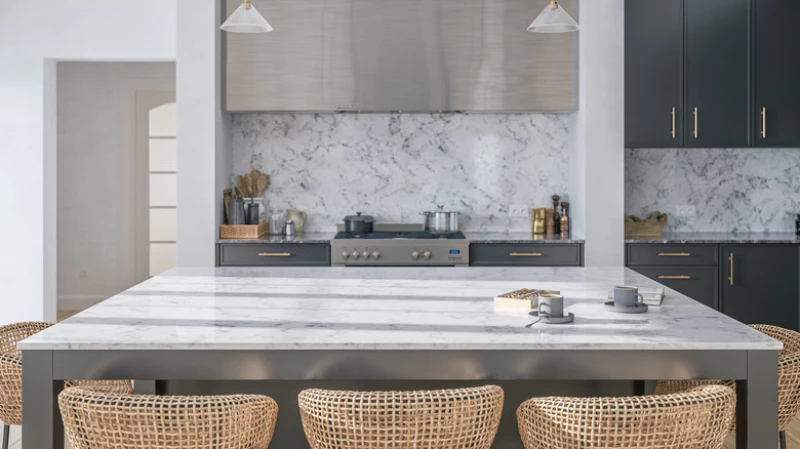
Neolith countertops have gained popularity for their durability and sleek appearance. However, like any material, they come with their own set of pros and cons.
One of the main advantages of Neolith countertops is their resistance to stains, heat, and scratches, making them ideal for busy kitchen spaces. Additionally, their sustainable construction appeals to environmentally conscious homeowners.
On the downside, Neolith countertops require professional installation, which can increase overall costs. Finding a skilled installer might also be a challenge due to the material's relative rarity. Moreover, the dyeing process of Neolith can result in slight color variations between slabs, potentially impacting the overall aesthetic of the countertops.
In conclusion, while Neolith countertops offer many benefits, such as durability and sustainability, it's important to weigh these against the potential drawbacks, such as installation complexities and color inconsistencies.

